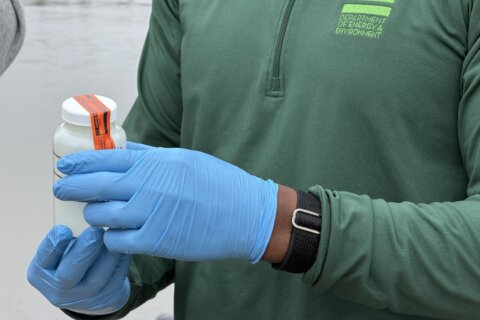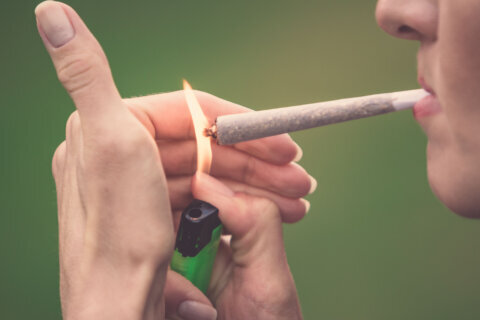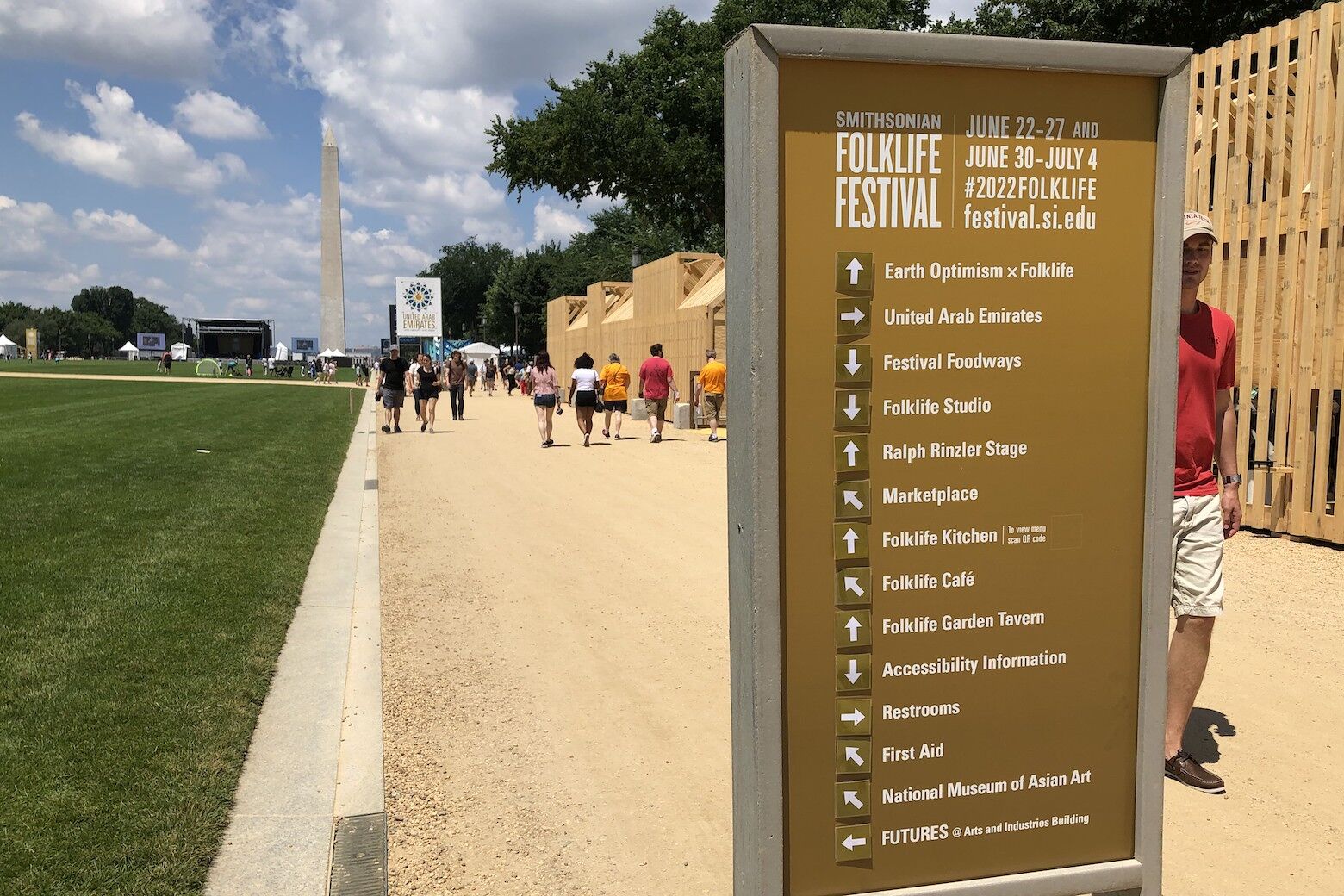
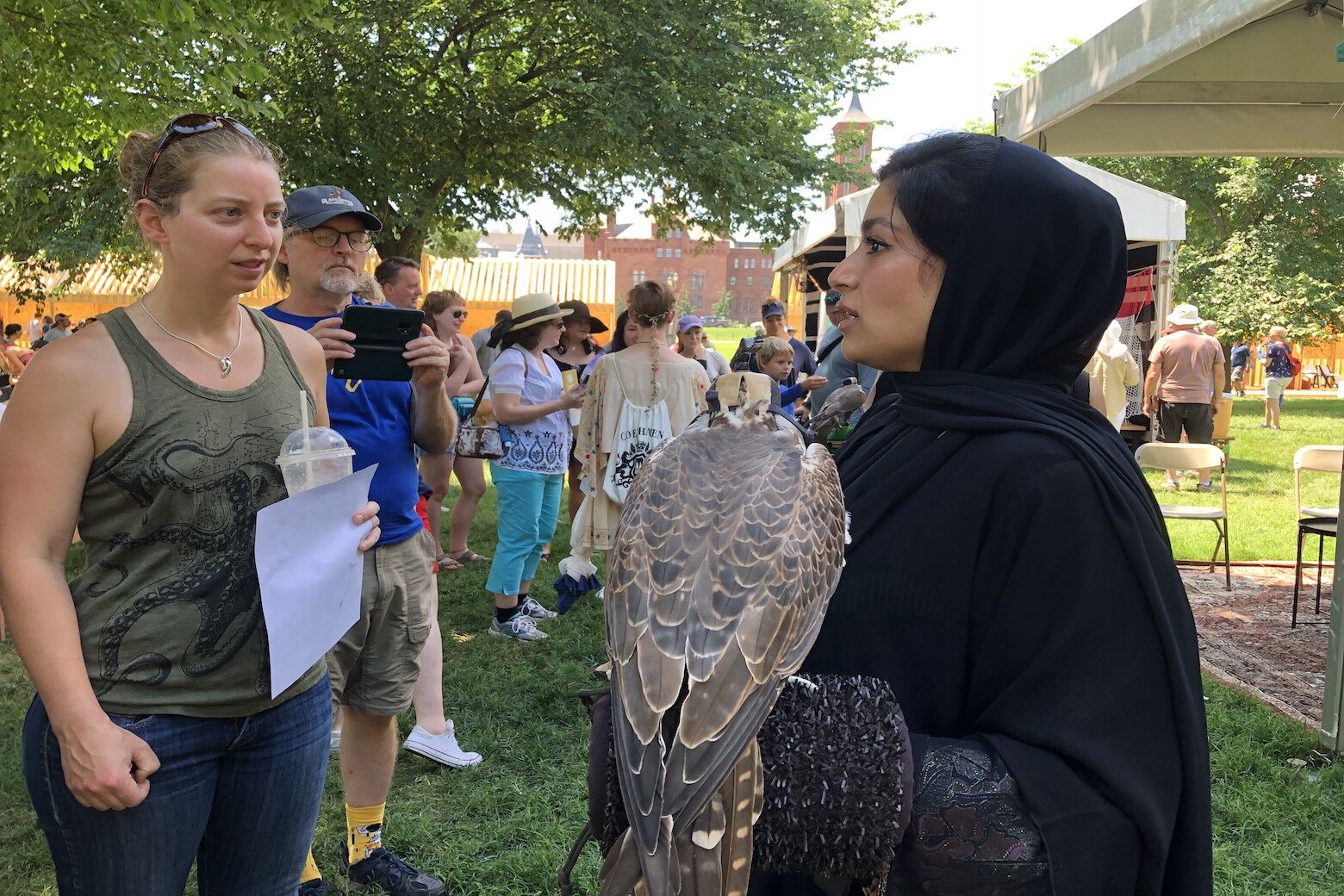
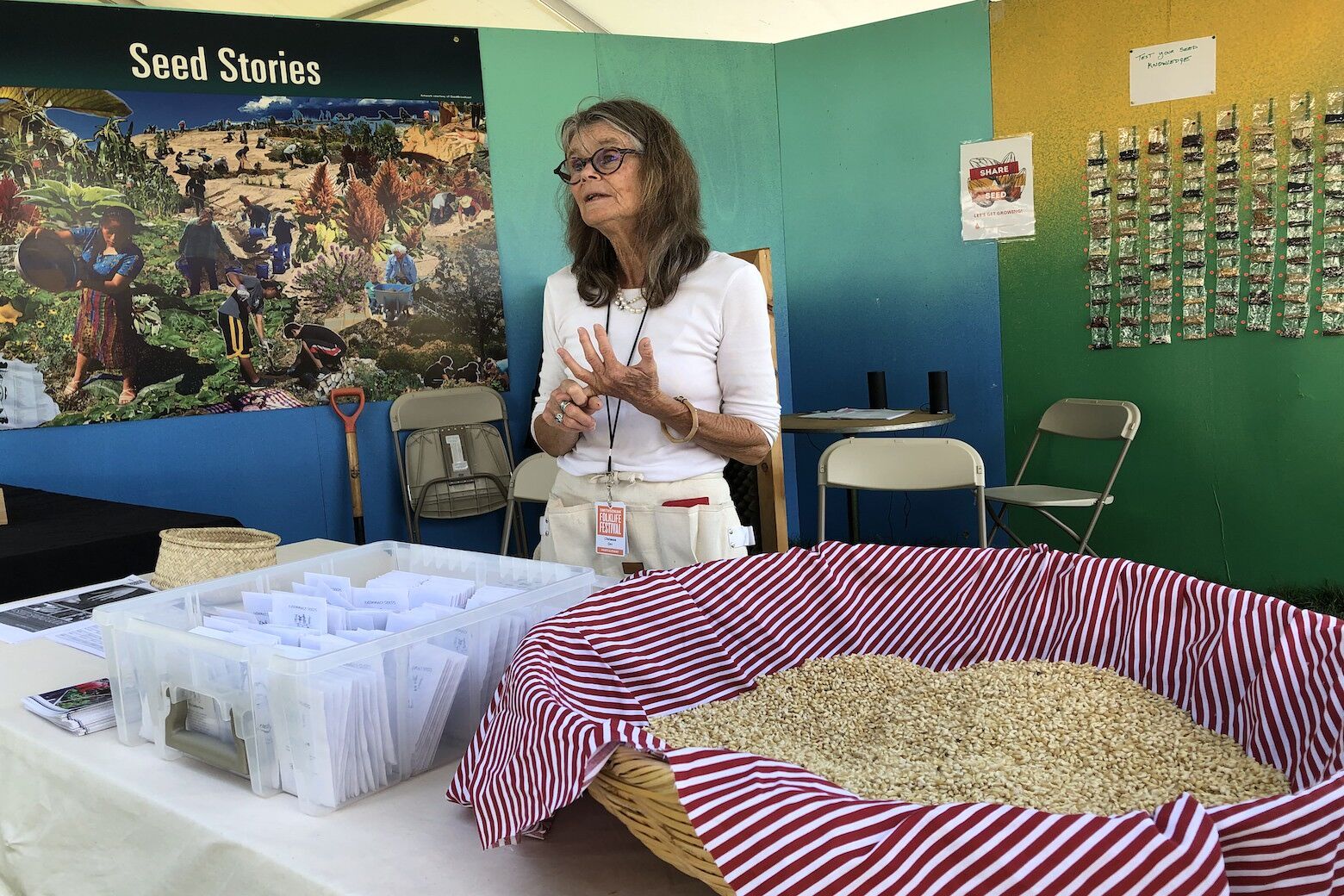
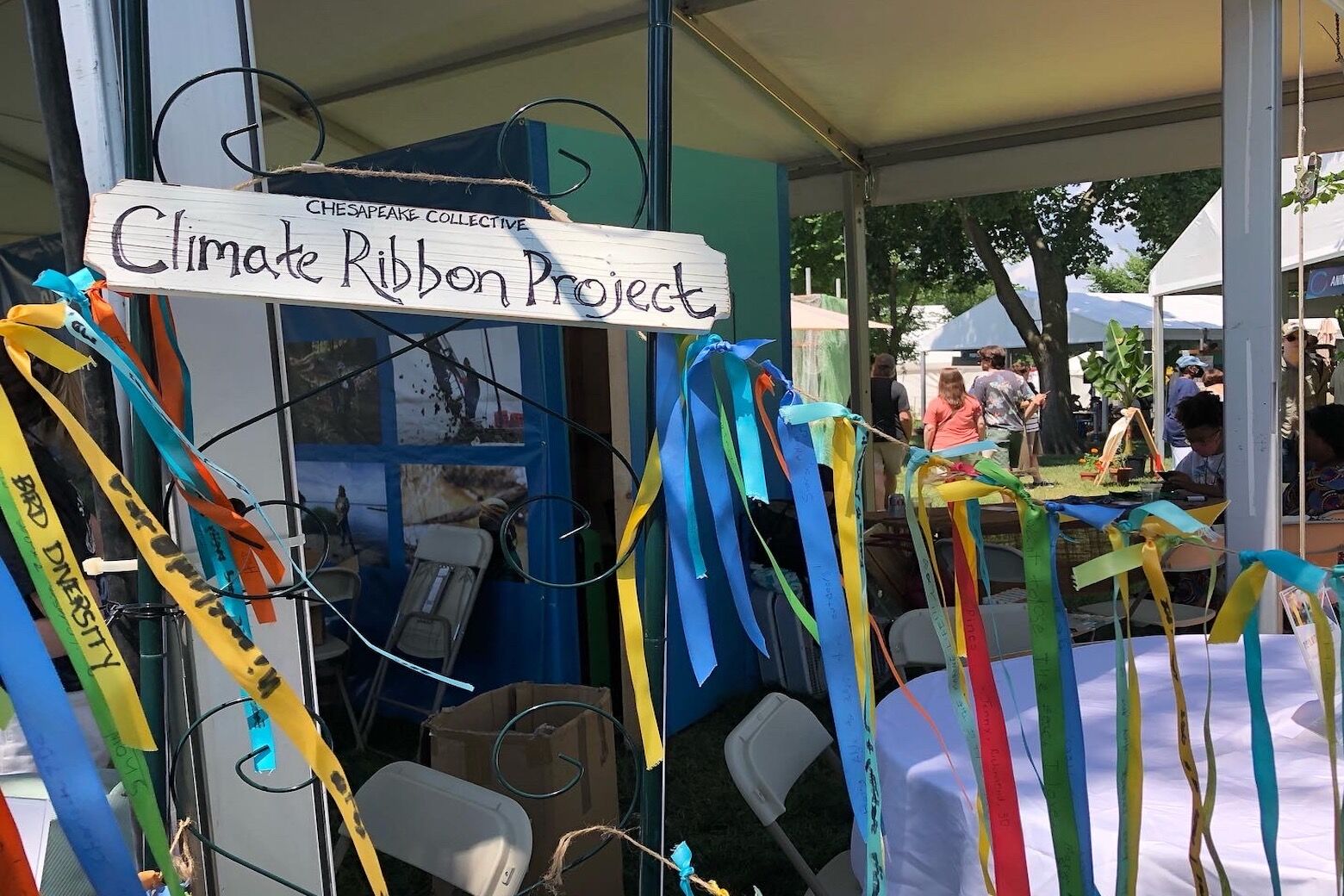
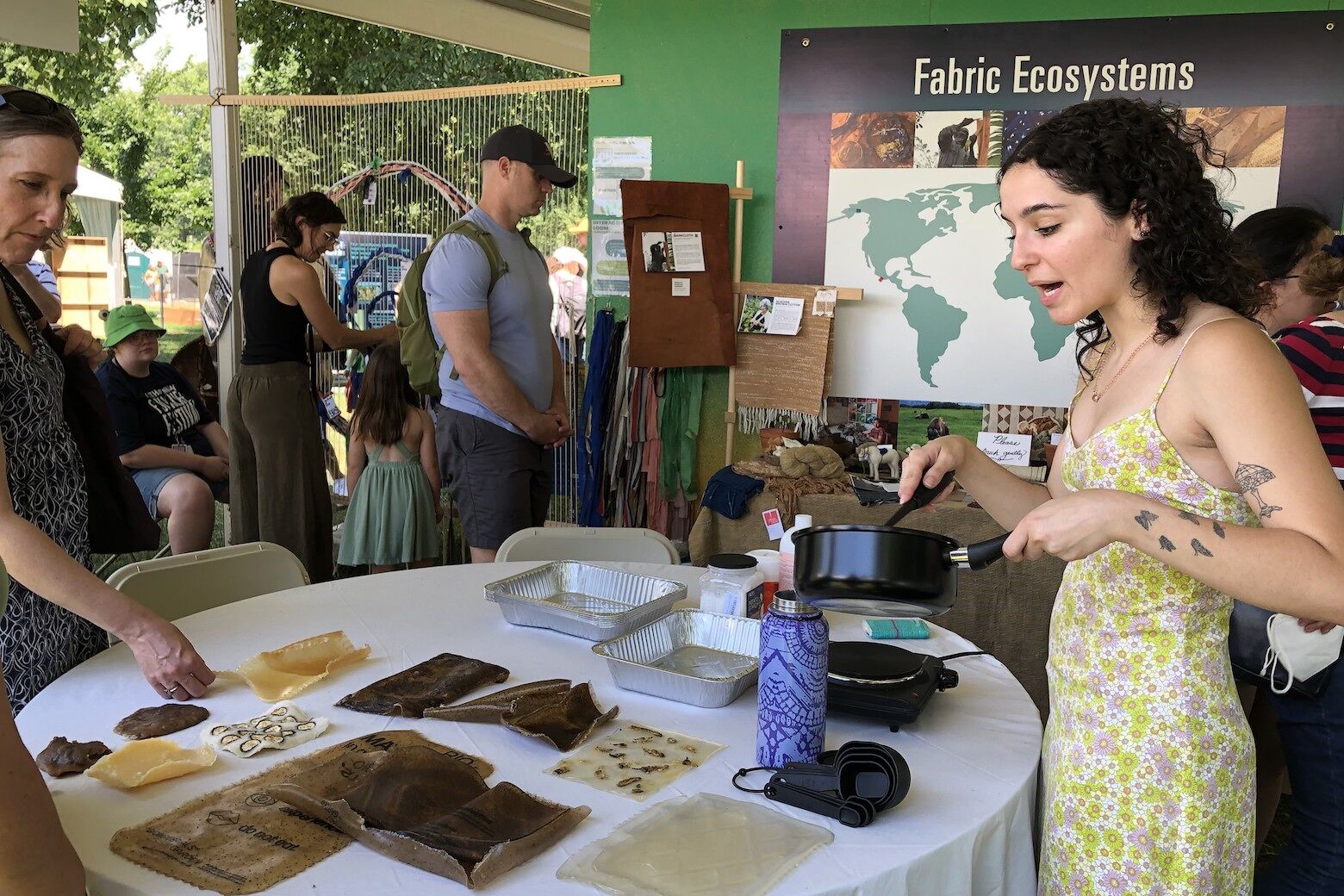
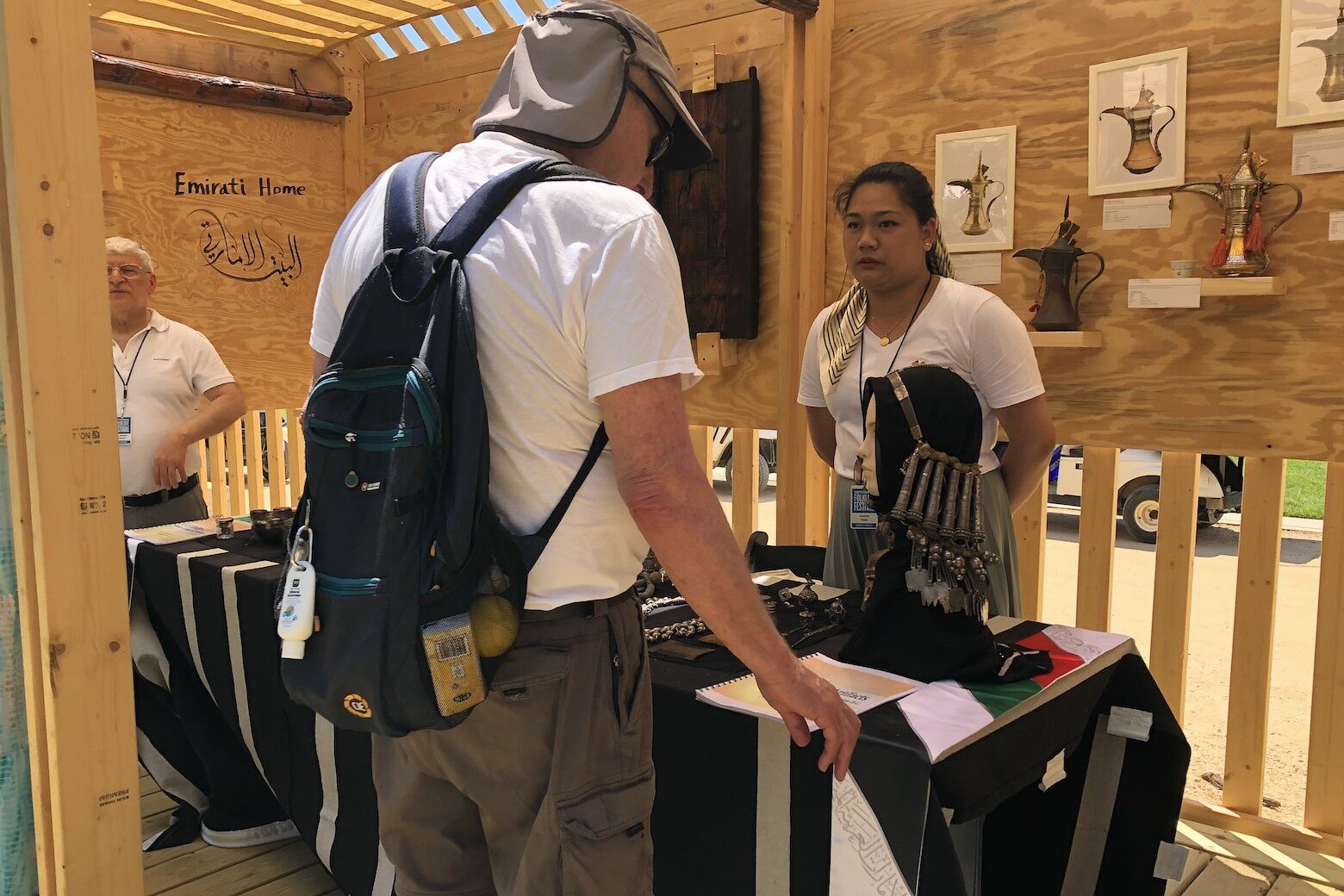
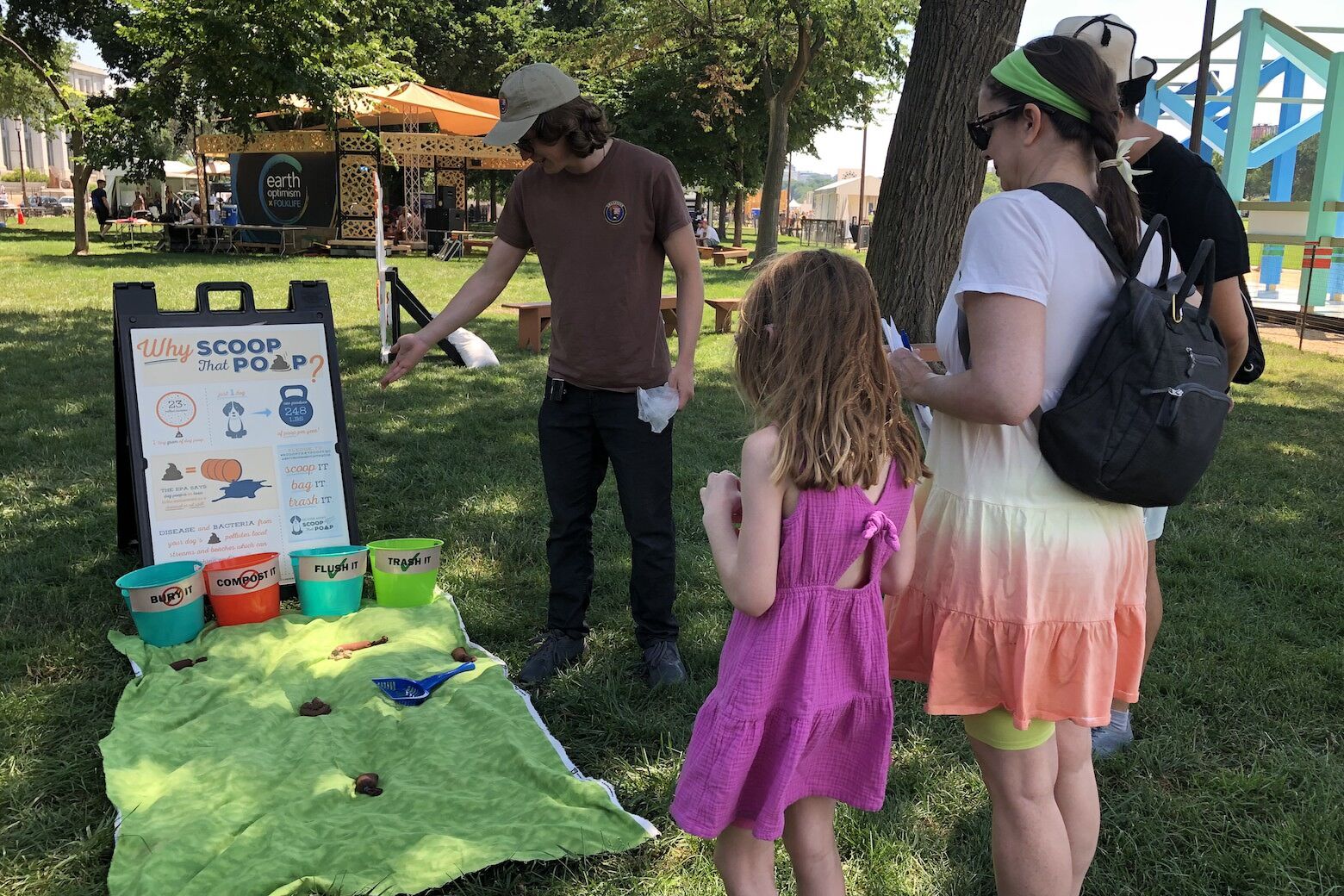
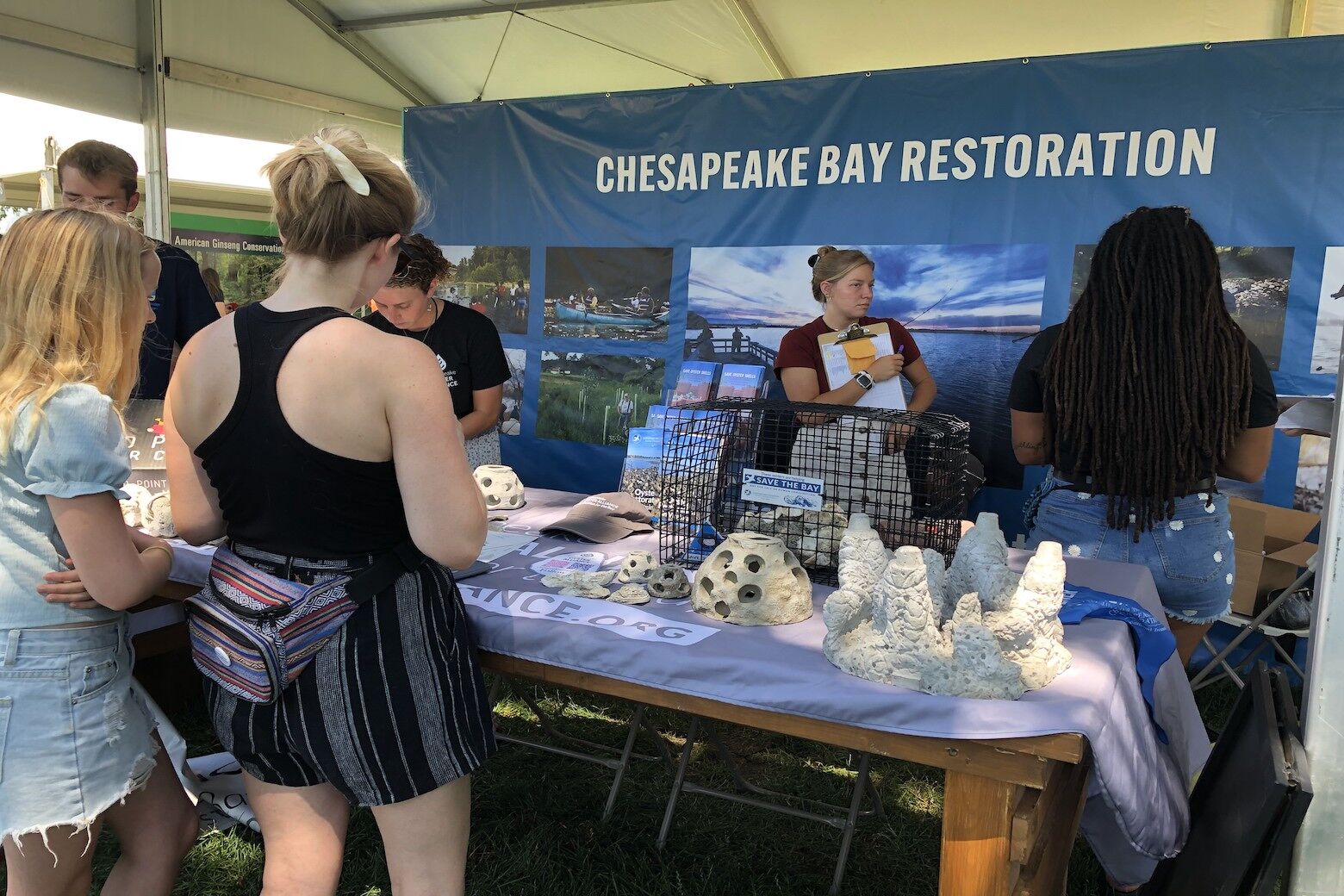
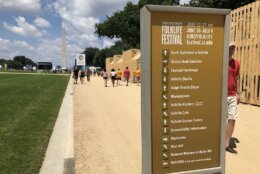
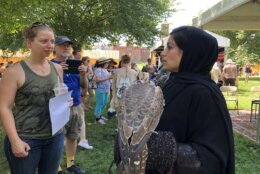
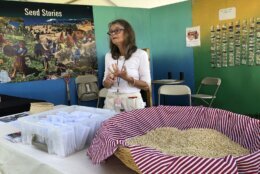
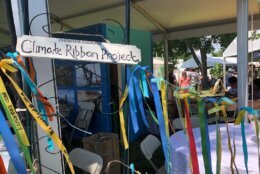
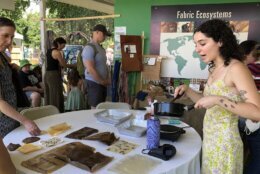
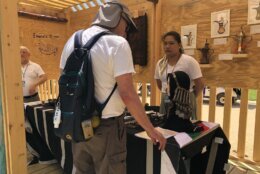
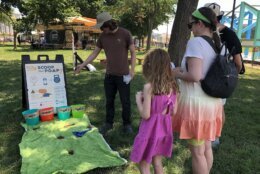
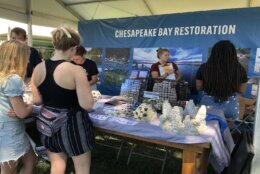
The Smithsonian Folklife Festival has returned to the National Mall in Washington, D.C., for the first time in two years after its hiatus due to the COVID-19 pandemic.
The festival, running from June 22 to 27 and June 30 to July 4, has two themes this year: Earth Optimism, which includes conservation efforts, and a celebration of culture from the United Arab Emirates.
“We hope the festival is a place of gathering where people can gather and learn,” said Richard Kurin, director of the Folklife Center at the Smithsonian. “The festival is a wonderful learning opportunity but it’s also entertaining.”
For the first time, selected evening concerts and daily conversations with artists — and others involved with the festival — will be livestreamed on YouTube and elsewhere.
Always free and open to the public, the festival is located on the National Mall between Seventh and 12th streets.
“The Earth Optimism x Folklife” series is a mini conference during the festival that features an array of experts to discuss inspiring environmental actions across many sectors around the world.
This year’s Festival Marketplace takes its inspiration from an outdoor Arab souk (traditional market) that highlights the creativity, cultural heritage and skills of its artisans.
Food vendors at the festival feature traditional UAE dishes using sustainably sourced products and locally produced ingredients.
Chrissie Orr, co-founder of the SeedBroadcast Collective from New Mexico, ran her fingers through a bowl of seeds while speaking to visitors at her festival booth about the importance of seed diversity in agriculture.
“We are animating, reanimating the culture that has gotten lost in agriculture,” Orr said. “We are advocating for seed saving.”
Katherine Bugg and her daughter, who just started summer break from school, were excited to check out the festival.
“We haven’t been able to go in a couple of years, so it’s nice to be back,” Bugg said. “The section on the Chesapeake Bay and the watershed in our area is really interesting. My daughter is interested in marine biology and ecology, so it’s wonderful to be able to talk to people involved in those areas.”
Emma Caamano, a student at Rhode Island School of Design, demonstrated to visitors how to make fabric with plants. Her mother, Maria Rego, approved of her daughter’s lessons.
“I think this is the best way to show what we’re doing to our environment, and the way we can help it,” Rego said.
Daytime programming begins at 11 a.m. and runs until 6 p.m. daily. Special evening events, including concerts, begin shortly after the daytime programming finishes.


